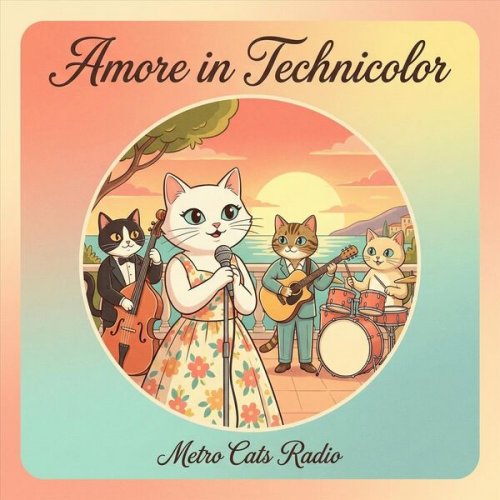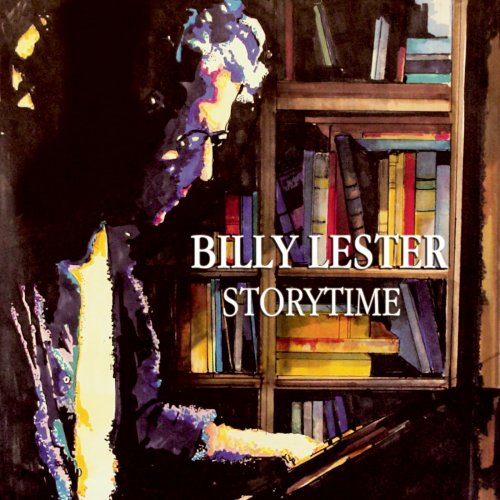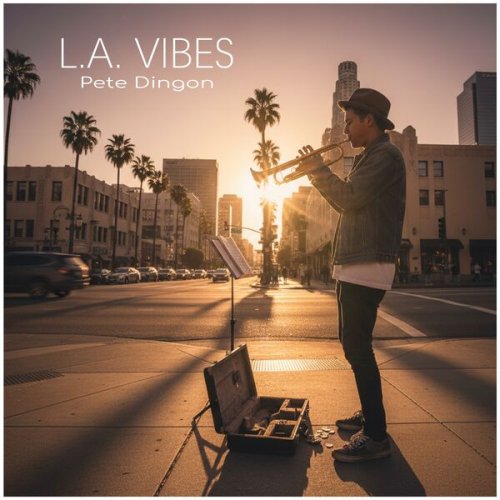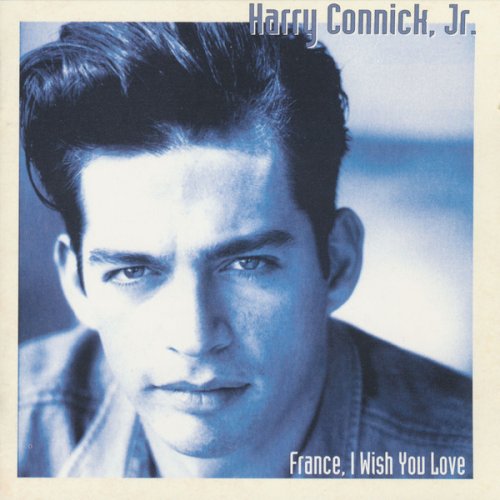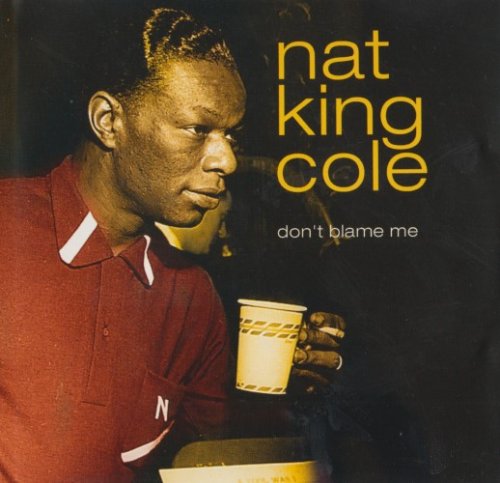Egil Kapstad - Live at Molde Jazz (2020) Hi Res
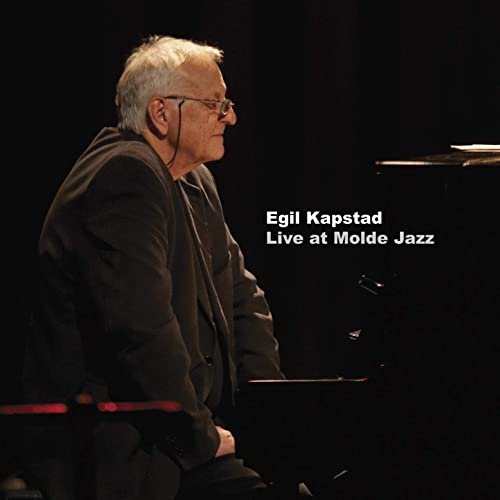
Artist: Egil Kapstad
Title: Live at Molde Jazz
Year Of Release: 2020
Label: Ponca Jazz Records
Genre: Jazz, Piano Jazz
Quality: 320 kbps | FLAC (tracks) | 24Bit/44 kHz FLAC
Total Time: 00:57:14
Total Size: 132 mb | 234 mb | 526 mb
WebSite: Album Preview
Tracklist:Title: Live at Molde Jazz
Year Of Release: 2020
Label: Ponca Jazz Records
Genre: Jazz, Piano Jazz
Quality: 320 kbps | FLAC (tracks) | 24Bit/44 kHz FLAC
Total Time: 00:57:14
Total Size: 132 mb | 234 mb | 526 mb
WebSite: Album Preview
01 - Egil Kapstad - The Peacocks
02 - Egil Kapstad - Concerto for Orchestra - Remembering The Rain - In
03 - Egil Kapstad - Egils blues - Basin Street Blues - Things Ain't Wh
04 - Egil Kapstad - Reinblom - Epilog - Epilogue
05 - Egil Kapstad - Preludium - Blue in Green
06 - Egil Kapstad - It Might As Well Be Spring
07 - Egil Kapstad - Round Midnight
08 - Egil Kapstad - Close Enough For Love
Solo concert recorded at Molde Jazz Festival in 1997. Never before released - a long lost tape found and now released for the first time!
The Norwegian pianist Egil Kapstad was born in Oslo on August 6, 1940, and died in Kristiansand on July 13, 2017. He was an important jazz pianist for a number of years, and has played on more than 60 recordings, including with Karin Krog , Chet Baker, Red Mitchell, Bjarne Nerem, Jon Larsen, Magni Wentzel, Jan Erik Vold and, not least, with the Kapstad / Johansen quartet, with saxophonist Bjørn Johansen, bassist Bjørn Alterhaug and drummer Ole Jacob Hansen, who for almost exactly 40 years since then made the excellent album «Friends». In 1983 he made the commissioned work "Epilogue - Bill Evans in Memoriam" for Vossa Jazz, with among others the vocalist Sheila Jordan, which later came out on record, and it was only natural that Cape Town should make a work dedicated to pianist colleague Bill Evans.
For Cape Town was, undoubtedly, Norway's Bill Evans. His heavy left-handed projections and good choice of chords, were for many years characterized by admiration for Evans, something we also notice in this recording, which was made in Molde on July 18, 1997, and preserved for posterity by NRK (when the state channel felt a social responsibility) .
Cape Town received a number of awards and honors over the years. He received the Norwegian Jazz Association (now Jazz Forum)'s award "Buddy" statuette in 1977, NOPA's award for "Epilogue" in 1984, the Gammleng award in the jazz class in 1985 and he received the Spelemann Award twice, first for the album "Cherokee" in 1989 and then for "Rememberance" in 1994.
On "Live at Molde Jazz" we meet him alone on stage in the intimate theater hall Forum, and already from the first note in Jimmy Rowles' "The Peacock" we understand that this will be a great experience.
There is always a stoic calm over what Cape Town served, whether it was here, as a solo pianist, or in larger contexts. "The Peacocks" is perhaps not as much Evans as we meant to remember from the concert, because we were of course present, but more a personal interpretation from one of Norway's best "street jazz" pianists.
A good thing about the album is that we get Cape Town's introductions to each song. Which explains in an excellent way what thoughts he had with the concert, and he explains that he wants to do the concert in four "blocks" or parts, and continues with an excerpt from "Concerto for Orchestra" by Bela Bartok, which slides into Bill Evans' "Remembering The Rain" and Duke Ellington's "In a Sentimental Mood." And here really comes his big idol, Bill Evans. Especially in how he sets the tone in the improvisations, and the version of "In a Sentimental Mood" is outstanding.
Then we get Cape Town's own "Egils Blues" together with Williams' "Basin Street Blues" and Ellington's "Things Ain't What They Used To Be" (on the cover it has been called "Things Ain't What It Used To Be", but it is probably due to the well-known pressure vessel). "Egil's Blues" is a lovely and laid-back case, where he almost plays out his personality, and after hearing it, before you get a feeling that you know the person much better. He was a bird enthusiast, something you can feel in this song, before he almost seamlessly slips into the famous "Basin Street Blues", which here is made into a song that has a lot of pain in it, and where he takes the bird sounds with him into the almost deadly song, before we get a short ending with Ellington's song.
Then follows Sparre Olsen's "Reinblom", which takes us into the more classical, if it is possible to count the music this "magician" of a pianist "classical". It turns into his own "Epilogue", which we get an excerpt from (his original version is over 20 minutes), before the sequence ends with Bill Evans "Epilogue", which Cape Town was not aware that Evans had made before himself wrote his epilogue to Evans. But as he himself says, it is only 22 seconds. Hearing Cape Town's version of a Sparre Olsen composition, combined with his own "Epilogue" from the commissioned work (or tingingsverket as it is actually called) from Vossa Jazz in 1983 and Bill Evans' own "Epilogue" is a completely natural musical development. And the three songs together prove where Cape Town enjoyed itself best musically. Gorgeous!
Then we get Anton Scriabin's "Prelude" paired with Bill Evans and Miles Davis' "Blue in Green", which he himself thought had a close harmonious community, and which I am convinced that both Scriabin, Evans and Davis would have liked to hear, before we get Richard Rodger's fine "It Might As Well Be Spring", which stands for itself in a beautiful version.
When you get such a solo piano concerto, it should almost only be missing that you did not put in a composition by Thelonious Monk. So here too. And the Monk composition that is perhaps closest to Cape Town's temperament and way of playing the piano was probably "Round Midnight", a song that had followed him for many years. And we get a beautiful version that just calls for an extra number. And we get that in the form of Johnny Mandel's "Close Enough For Love" in a beautiful version. And, I know, that everyone who left the Forum that day went out with a smile on their face, because here one had been.
The Norwegian pianist Egil Kapstad was born in Oslo on August 6, 1940, and died in Kristiansand on July 13, 2017. He was an important jazz pianist for a number of years, and has played on more than 60 recordings, including with Karin Krog , Chet Baker, Red Mitchell, Bjarne Nerem, Jon Larsen, Magni Wentzel, Jan Erik Vold and, not least, with the Kapstad / Johansen quartet, with saxophonist Bjørn Johansen, bassist Bjørn Alterhaug and drummer Ole Jacob Hansen, who for almost exactly 40 years since then made the excellent album «Friends». In 1983 he made the commissioned work "Epilogue - Bill Evans in Memoriam" for Vossa Jazz, with among others the vocalist Sheila Jordan, which later came out on record, and it was only natural that Cape Town should make a work dedicated to pianist colleague Bill Evans.
For Cape Town was, undoubtedly, Norway's Bill Evans. His heavy left-handed projections and good choice of chords, were for many years characterized by admiration for Evans, something we also notice in this recording, which was made in Molde on July 18, 1997, and preserved for posterity by NRK (when the state channel felt a social responsibility) .
Cape Town received a number of awards and honors over the years. He received the Norwegian Jazz Association (now Jazz Forum)'s award "Buddy" statuette in 1977, NOPA's award for "Epilogue" in 1984, the Gammleng award in the jazz class in 1985 and he received the Spelemann Award twice, first for the album "Cherokee" in 1989 and then for "Rememberance" in 1994.
On "Live at Molde Jazz" we meet him alone on stage in the intimate theater hall Forum, and already from the first note in Jimmy Rowles' "The Peacock" we understand that this will be a great experience.
There is always a stoic calm over what Cape Town served, whether it was here, as a solo pianist, or in larger contexts. "The Peacocks" is perhaps not as much Evans as we meant to remember from the concert, because we were of course present, but more a personal interpretation from one of Norway's best "street jazz" pianists.
A good thing about the album is that we get Cape Town's introductions to each song. Which explains in an excellent way what thoughts he had with the concert, and he explains that he wants to do the concert in four "blocks" or parts, and continues with an excerpt from "Concerto for Orchestra" by Bela Bartok, which slides into Bill Evans' "Remembering The Rain" and Duke Ellington's "In a Sentimental Mood." And here really comes his big idol, Bill Evans. Especially in how he sets the tone in the improvisations, and the version of "In a Sentimental Mood" is outstanding.
Then we get Cape Town's own "Egils Blues" together with Williams' "Basin Street Blues" and Ellington's "Things Ain't What They Used To Be" (on the cover it has been called "Things Ain't What It Used To Be", but it is probably due to the well-known pressure vessel). "Egil's Blues" is a lovely and laid-back case, where he almost plays out his personality, and after hearing it, before you get a feeling that you know the person much better. He was a bird enthusiast, something you can feel in this song, before he almost seamlessly slips into the famous "Basin Street Blues", which here is made into a song that has a lot of pain in it, and where he takes the bird sounds with him into the almost deadly song, before we get a short ending with Ellington's song.
Then follows Sparre Olsen's "Reinblom", which takes us into the more classical, if it is possible to count the music this "magician" of a pianist "classical". It turns into his own "Epilogue", which we get an excerpt from (his original version is over 20 minutes), before the sequence ends with Bill Evans "Epilogue", which Cape Town was not aware that Evans had made before himself wrote his epilogue to Evans. But as he himself says, it is only 22 seconds. Hearing Cape Town's version of a Sparre Olsen composition, combined with his own "Epilogue" from the commissioned work (or tingingsverket as it is actually called) from Vossa Jazz in 1983 and Bill Evans' own "Epilogue" is a completely natural musical development. And the three songs together prove where Cape Town enjoyed itself best musically. Gorgeous!
Then we get Anton Scriabin's "Prelude" paired with Bill Evans and Miles Davis' "Blue in Green", which he himself thought had a close harmonious community, and which I am convinced that both Scriabin, Evans and Davis would have liked to hear, before we get Richard Rodger's fine "It Might As Well Be Spring", which stands for itself in a beautiful version.
When you get such a solo piano concerto, it should almost only be missing that you did not put in a composition by Thelonious Monk. So here too. And the Monk composition that is perhaps closest to Cape Town's temperament and way of playing the piano was probably "Round Midnight", a song that had followed him for many years. And we get a beautiful version that just calls for an extra number. And we get that in the form of Johnny Mandel's "Close Enough For Love" in a beautiful version. And, I know, that everyone who left the Forum that day went out with a smile on their face, because here one had been.
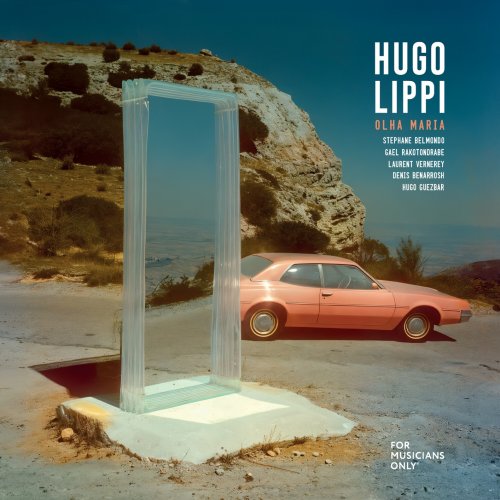

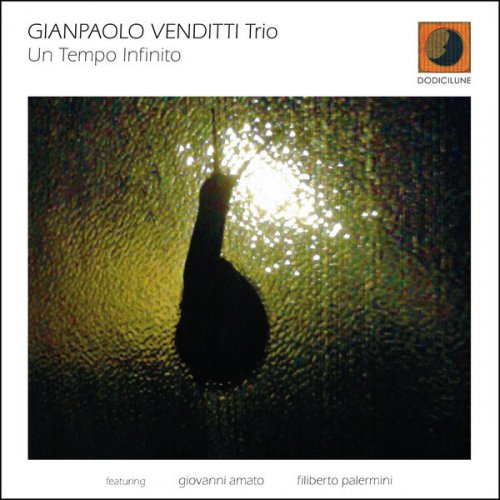
![Wilbur "Bad" Bascomb, Bernard "Pretty" Purdie - The Electric Bass Sessions - Pretty Bad Breaks Volume 1 (1992) [Hi-Res] Wilbur "Bad" Bascomb, Bernard "Pretty" Purdie - The Electric Bass Sessions - Pretty Bad Breaks Volume 1 (1992) [Hi-Res]](https://img.israbox.com/img/2026-01/20/gv9t6qrqztbpkdy0d6lpdor6s.jpg)
